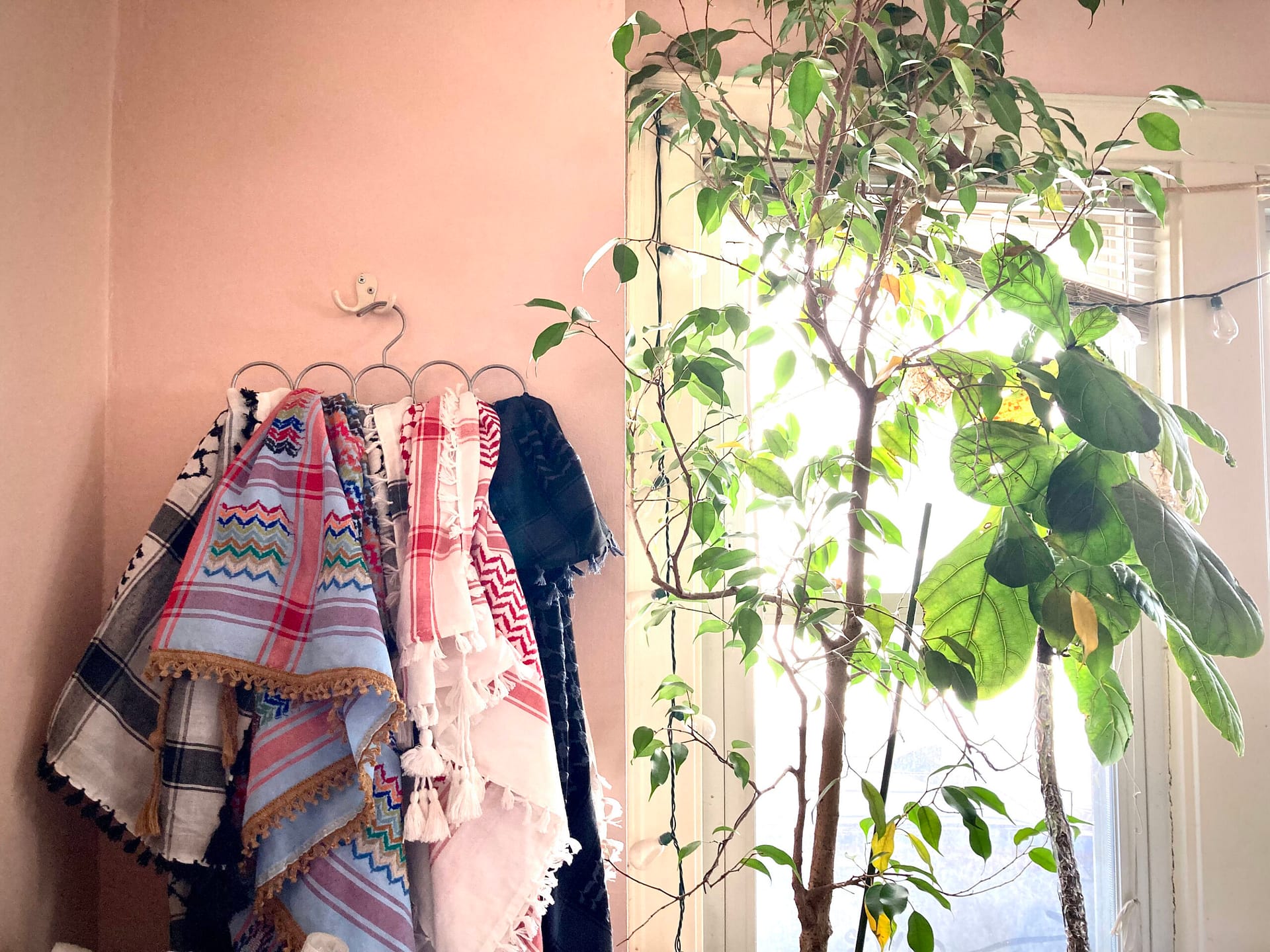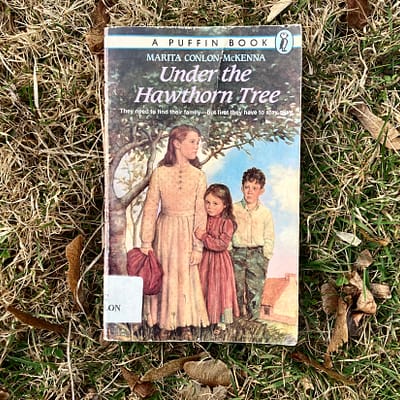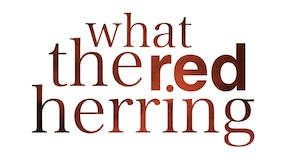
I’ve read another book I want to recommend, called Wild Thorns, by Sahar Khalifeh, translated by Trevor LeGassick and Elizabeth Fernea. First, I wanted to share a little about the background of the collection it is a part of, and some info about the author. I found the context really interesting.
The book is part of series called Emerging Voices. It includes books by a number of authors from around the world. Many are from the Middle East, but the series also includes authors from places like India, Chile, and Zimbabwe. The purpose of the series is to “bring North American readers the once-unheard voices of writers who have achieved wide acclaim at home, but have not been recognized beyond the borders of their natives lands.”
It has always fascinated me that we have so many authors that we casually talk about here in the U.S. as if everyone will know them – Shakespeare, the Bronte sisters, Jack London, Judy Blume, Roald Dahl, Hemingway. I’ve always wondered what the rest of the world is reading. Discovering this series has been a way to find out. Having read Wild Thorns, I hope to make my way through some of the other books in the series.
Wild Thorns was first published in Arabic in 1976. The English translation came years later. The author was born in Nablus in 1941. The only copy of her first novel was confiscated by Israeli authorities, according to her bio. I can’t imagine writing the entire manuscript of a book, only to have it taken from me and never seen again. Wild Thorns is her third book.
Wild Thorns is set in 1972. It has common threads with Salt Houses, whose setting covers 1963-2014. If you like reading chronologically and you haven’t read Salt Houses yet, Wild Thorns feels like it should come first. The extended story set during the early ’70’s fleshes out a moment in time that will only enrich your reading of Salt Houses.
The entire story takes place in Palestine. It was striking how little has changed since the book was written almost 50 years ago. The book explores family, friendship, what it means to be human, and the choices Palestinians have to make in order to live with themselves, and in order to survive.
I like reading multiple books on the same subject (see: special interests) because each book is like one layer of tissue paper on top of another, to create this kaleidoscope that allows me to see a varied, complex image with plenty of nuance. This is definitely true of Salt Houses and Wild Thorns.








Leave a Reply